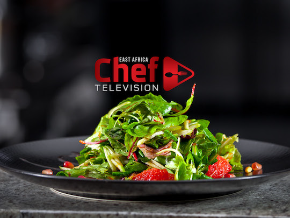
Television cooking shows provide a space for discourse about food, with storytelling emerging as a way to share and interpret experiences. Entertaining and educating simultaneously, cooking show hosts tell recipes and weave in stories, a form of narrative marked by distinctive linguistic and structural components. Cooking shows offer a kind of ‘super-story’ in that the show itself is a story with a consistent teller from week to week, each episode consists of a plot and a beginning and end, and within each episode are individual stories embedded within the recipe telling. Stories give context to the cooking, giving the act more meaning than just making food. The domestic scenario often revolves around a narrative of cooking demonstrations, for example, while travel cooking shows accompany celebrity chefs on tour as they progress from location to location, presenting viewers with ethnographic experiences of food cultures. Five different frameworks can be applied to analyzing cooking shows as a story: narrative, folklore, myth, media studies, and culinary tourism, each of which offers insight into the construction of celebrity chef expertise and authenticity. The expanding genre of cooking shows necessitates a broadened scope in theory to examine the shifting relations between participants.
Reviews
0